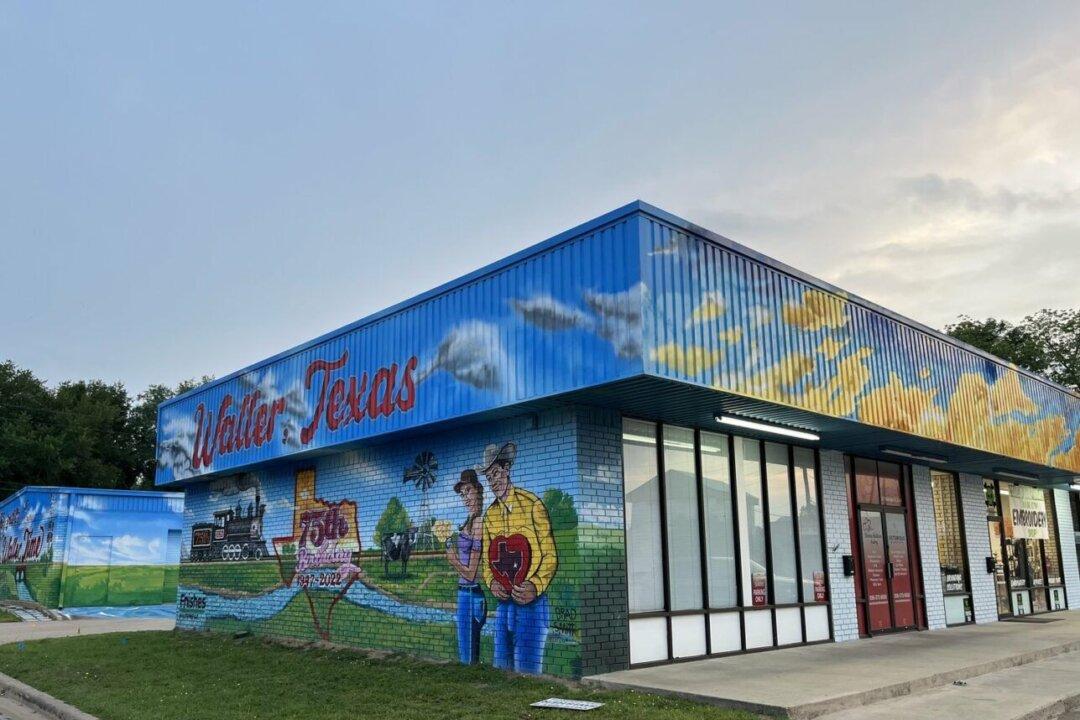A small family-owned art company is suing a Texas city over a sweeping ordinance that gives government officials a veto over the content of murals that can be painted on building exteriors.
The federal civil rights lawsuit challenges the local ordinance that lawyers for the plaintiffs say enshrines into law the city’s own aesthetic preferences as part of an effort to kill off an art mural business.





